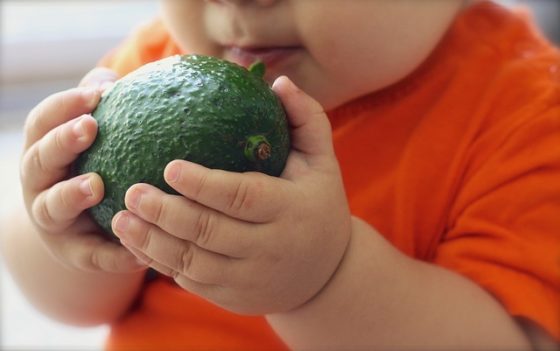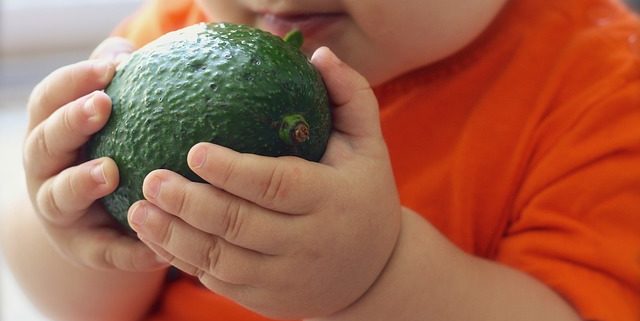Baby Food: Homemade Vs. Store-Bought

What’s In Baby Food?
When you bring in new foods to supplement breast milk or formula, you’ll want to start with healthy, nutrient-packed fruits, veggies, and proteins. For example, squash, broccoli, spinach, prunes, and avocados are all super healthy for your little one. Blueberries and oranges are high in antioxidants and other key nutrients and yogurt is a great source of protein. When you’re starting out, of course, all of these foods must be pureed to a smooth consistency so there’s no choking hazard – and no need for teeth!
Essentially, baby food is the same as a healthy adult diet – lots of fruits and veggies, whole grains, and healthy proteins. Just like us, babies should be avoiding added sugars, heavily processed foods, and saturated fats.
What’s The Difference Between Store-Bought And Homemade Food?
Because baby food is essentially just a health diet in puree form, it’s relatively easy to make at home. But store-bought food also appears to just be a puree – what’s the difference?
Both types of food are simply pureed fruits, vegetables, and other foods. Essentially, they’re fruits, vegetables, and other foods that are cooked and then pureed into a smooth consistency. Some store-bought foods may contain preservatives, so keep an eye out for those extra ingredients on the label. Most are then pasteurized to kill bacteria and allow the food to be stored at room temperature. Homemade foods go through the same process, but on a much smaller scale. Homemade baby food is not generally pasteurized, so it must be refrigerated and has a shorter shelf-life than store-bought food.
How Do I Choose?
Like cooking versus dining out in general, it’s a matter of what fits best into your lifestyle. While the store-bought food of yore was filled with who-knows-what kinds of preservatives, it’s now easy to find natural, preservative-free baby food or baby food that only uses vitamin C as a preservative. Store-bought food is often more convenient – you can pick it up anywhere, anytime, and it doesn’t take any prep time on your part. It’s portable and can be stored at room temperature, which is handy if you’re on the go. And the pasteurization process means it’s not harboring any harmful bacteria.
There have been claims that the pasteurization of store-bought baby food affects its nutritional value, but evidence suggests that pasteurization does not meaningfully affect the nutrients in food. It does, however, destroy bacteria that could potentially make your little one sick. In other words, store-bought food is healthy and safe (although you should check the ingredients list and find a brand that doesn’t use any artificial flavors, colorings, added sugar, or preservatives other than vitamin C).
Homemade food gives you direct control (and you may just enjoy cooking it!) over where your ingredients come from. It does take more time than buying pre-made food but can be cheaper and reusing storage containers may be more environmentally friendly. If you do decide to make baby food at home, remember that it won’t keep for as long as store-bought food because it isn’t pasteurized. You’ll also need to keep it refrigerated. As you cook, don’t add any extra seasonings – one ingredient is enough, plus some water to help mash or puree it completely. And keep an eye out for lumps – they can be a choking hazard.
You may also decide to use a mix – keep store-bought food on hand for busy days or for eating out so you can take advantage of the portability and the room-temperature storage. Then make food at home on the days when you have time.
There’s no right answer – just make sure your little one is eating plenty of healthy foods and avoiding preservatives and other food additives.
What does your little one like to eat? Tell us in the comments!








Leave a Reply
Want to join the discussion?Feel free to contribute!